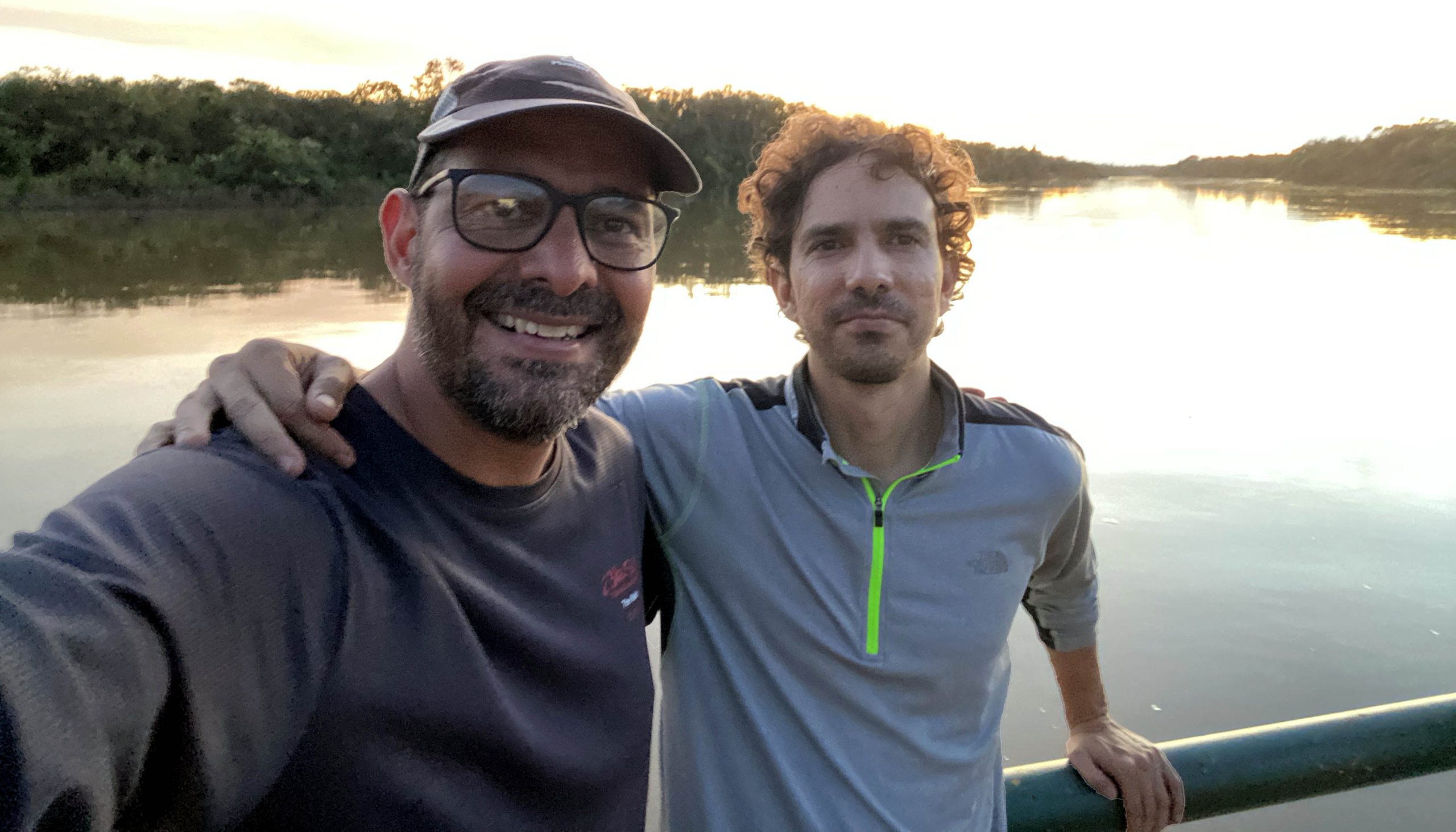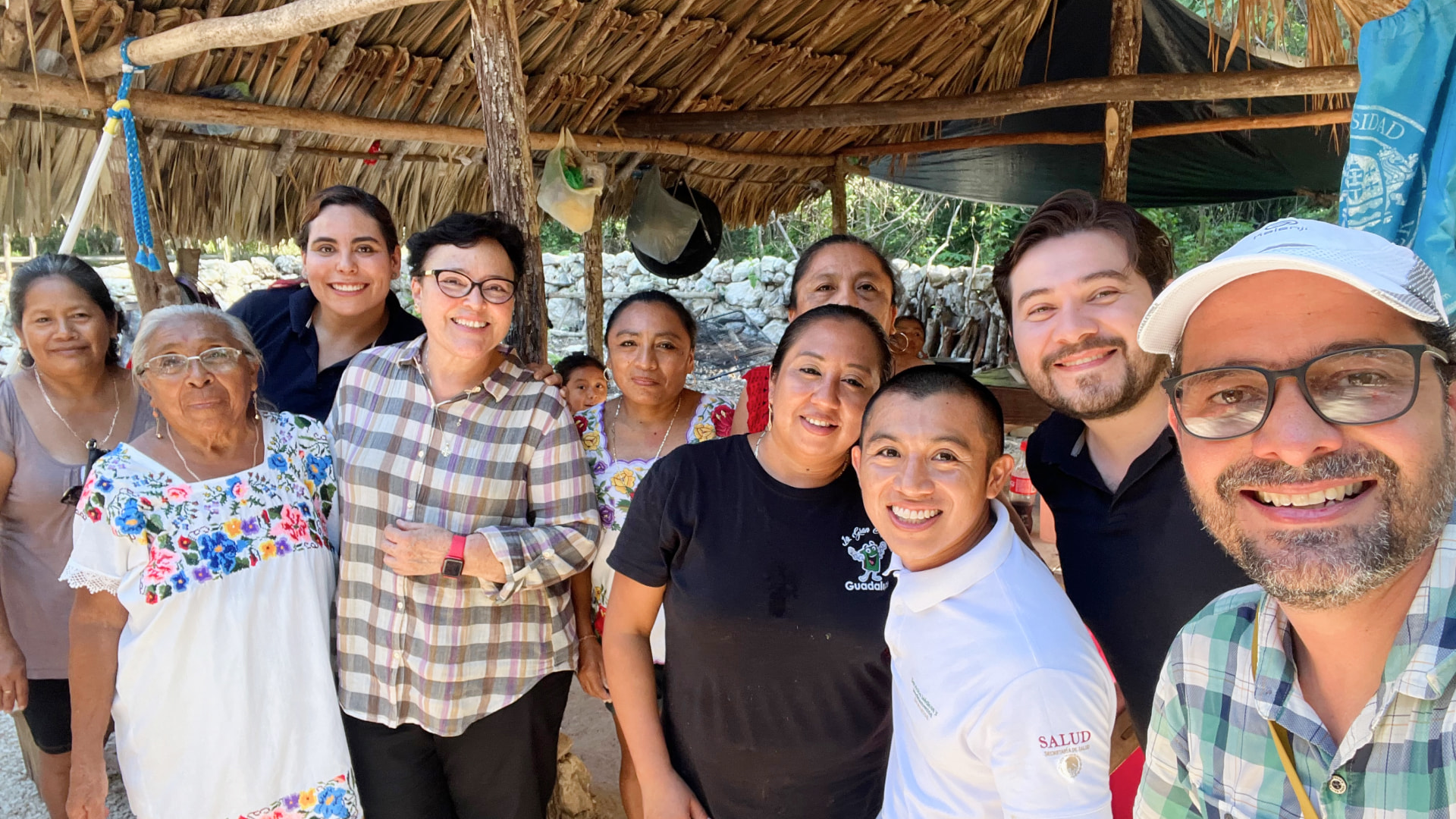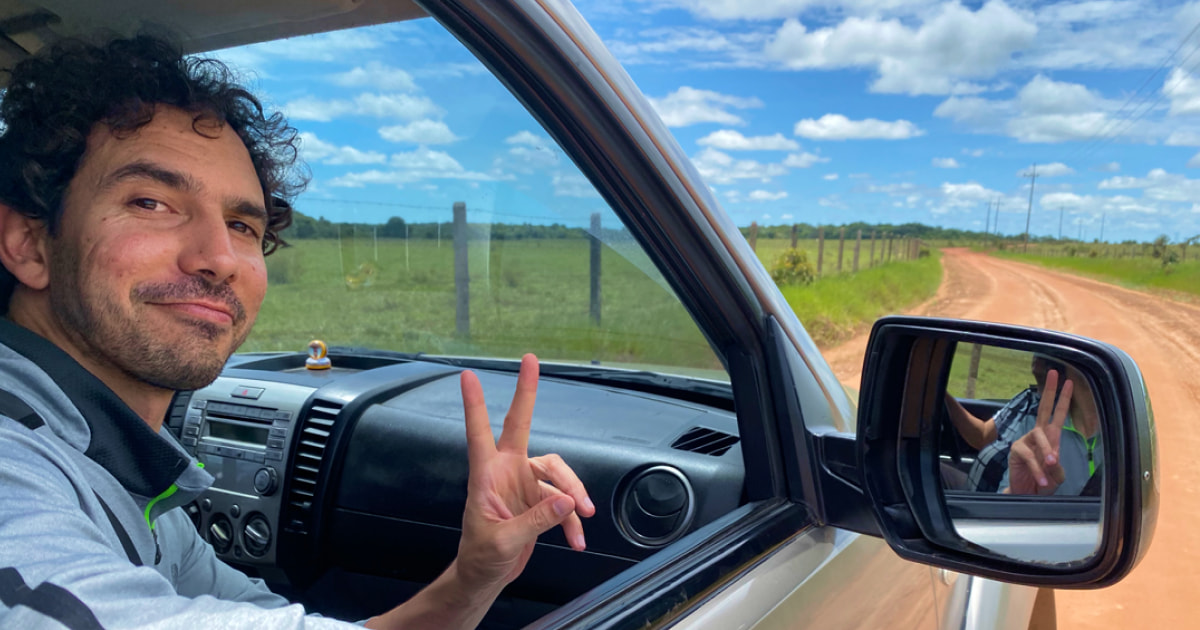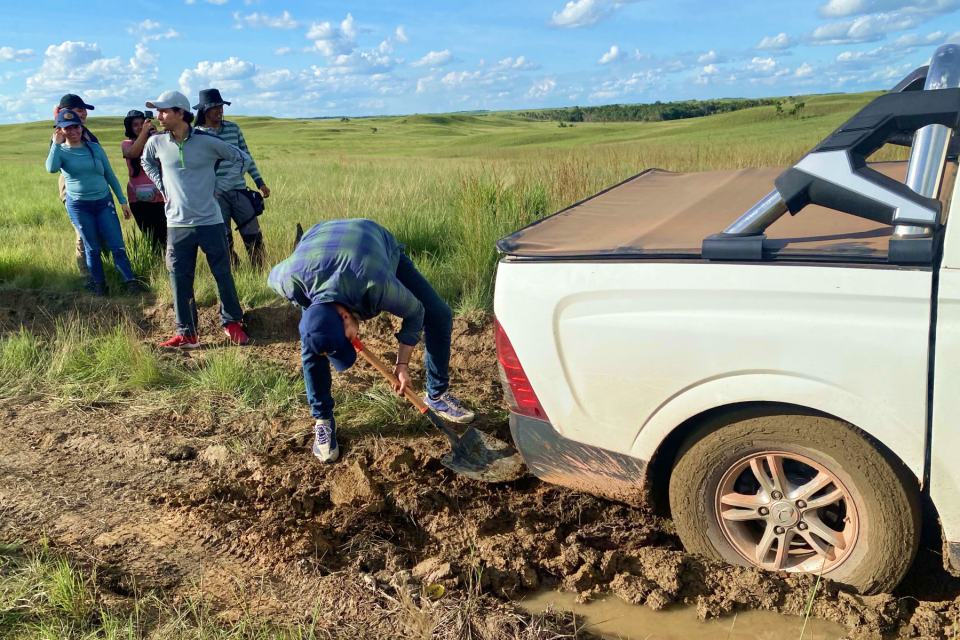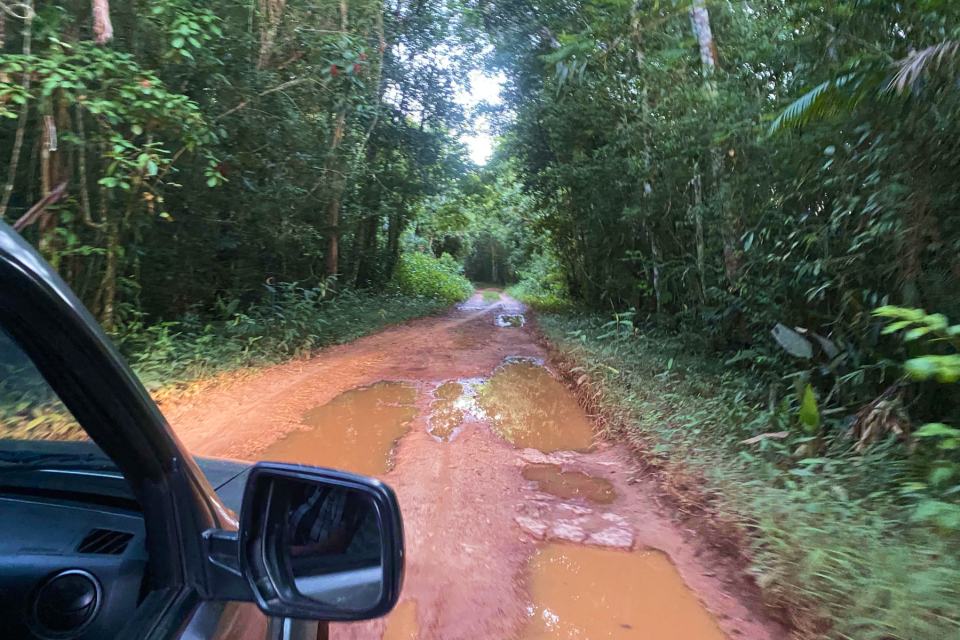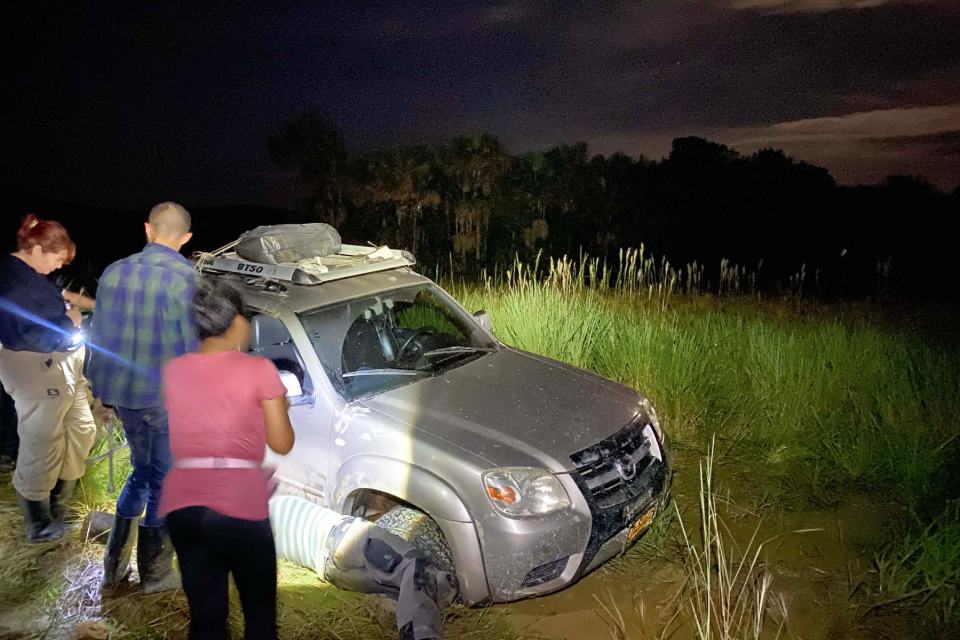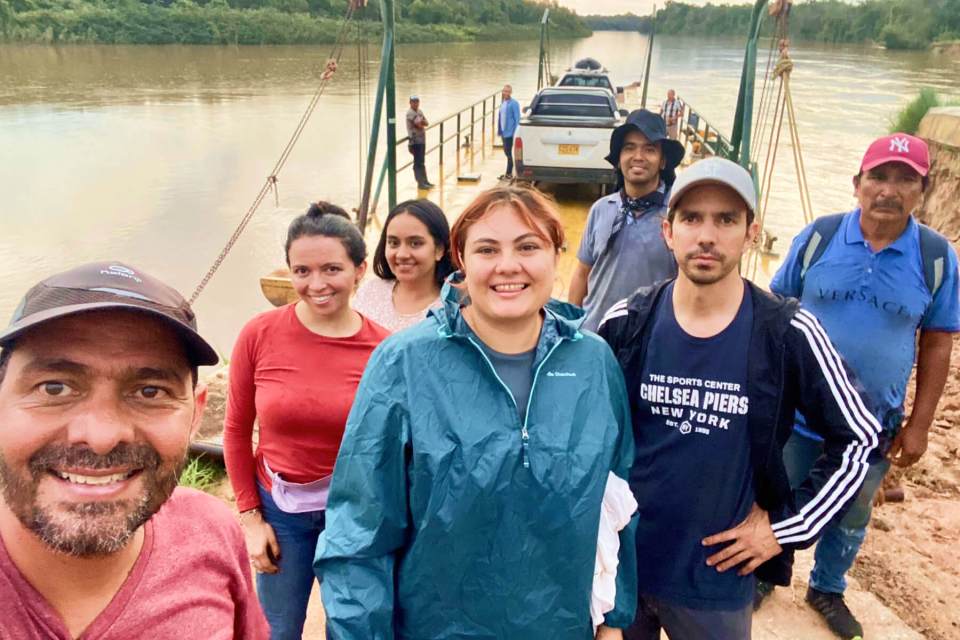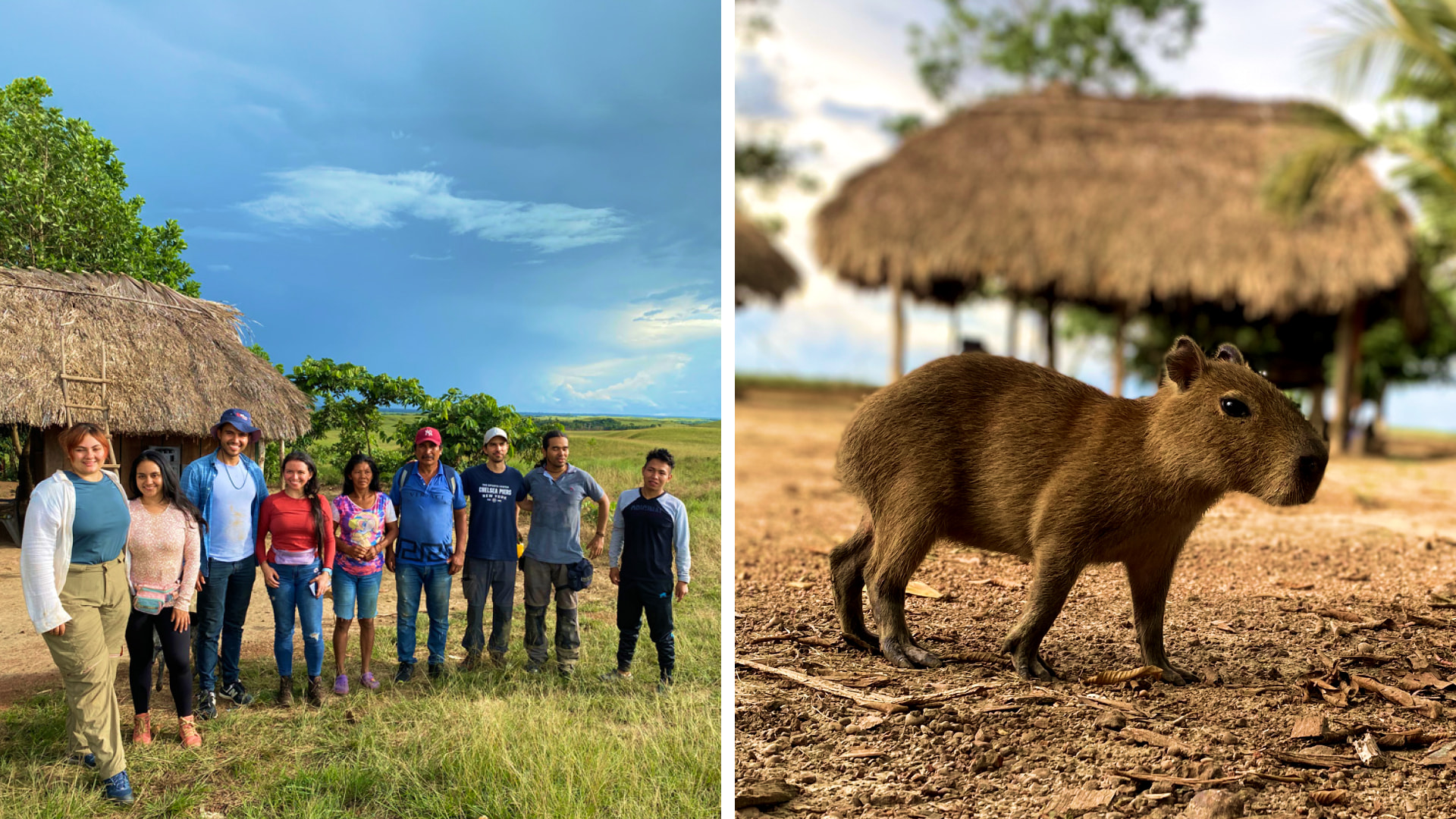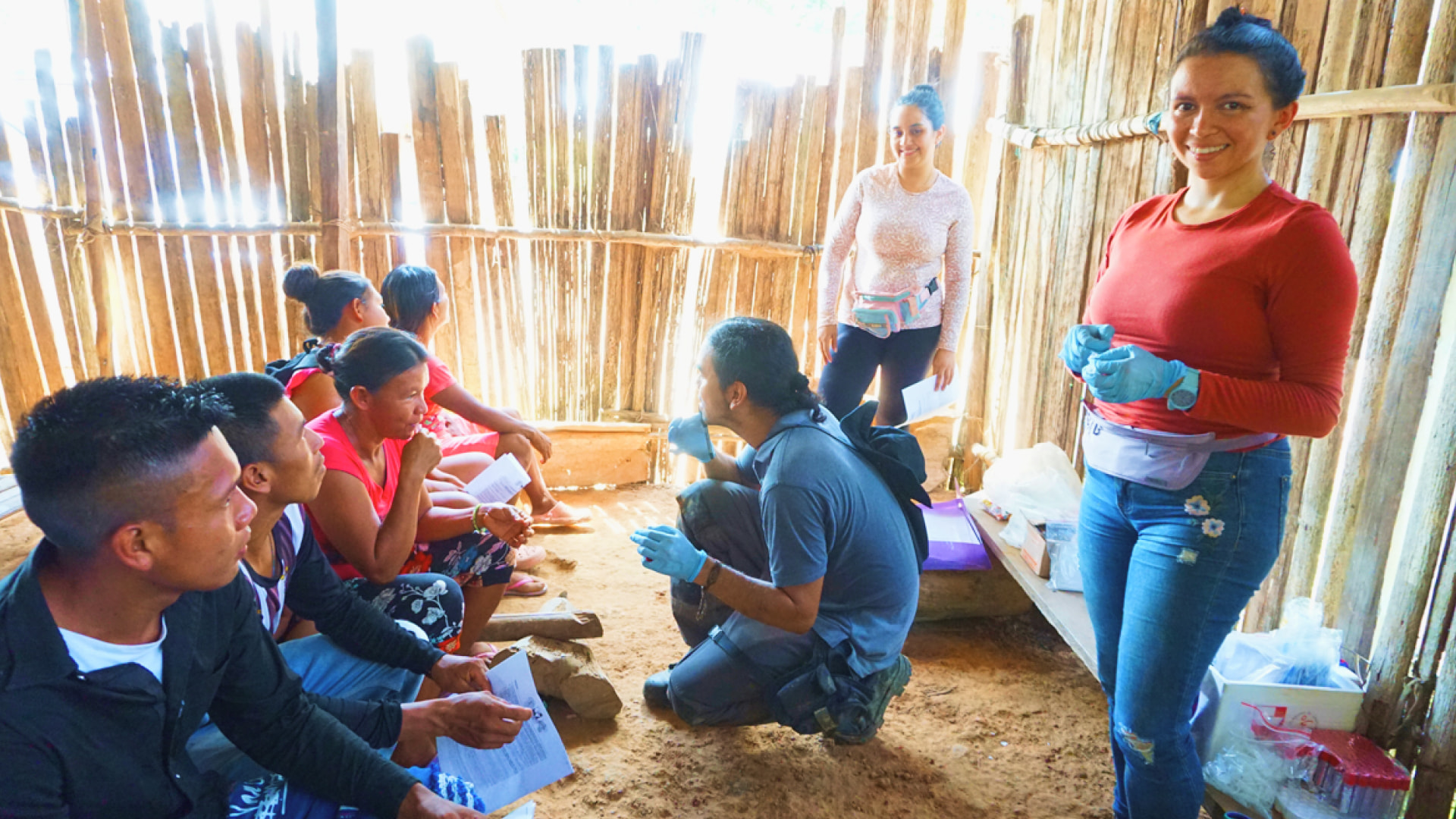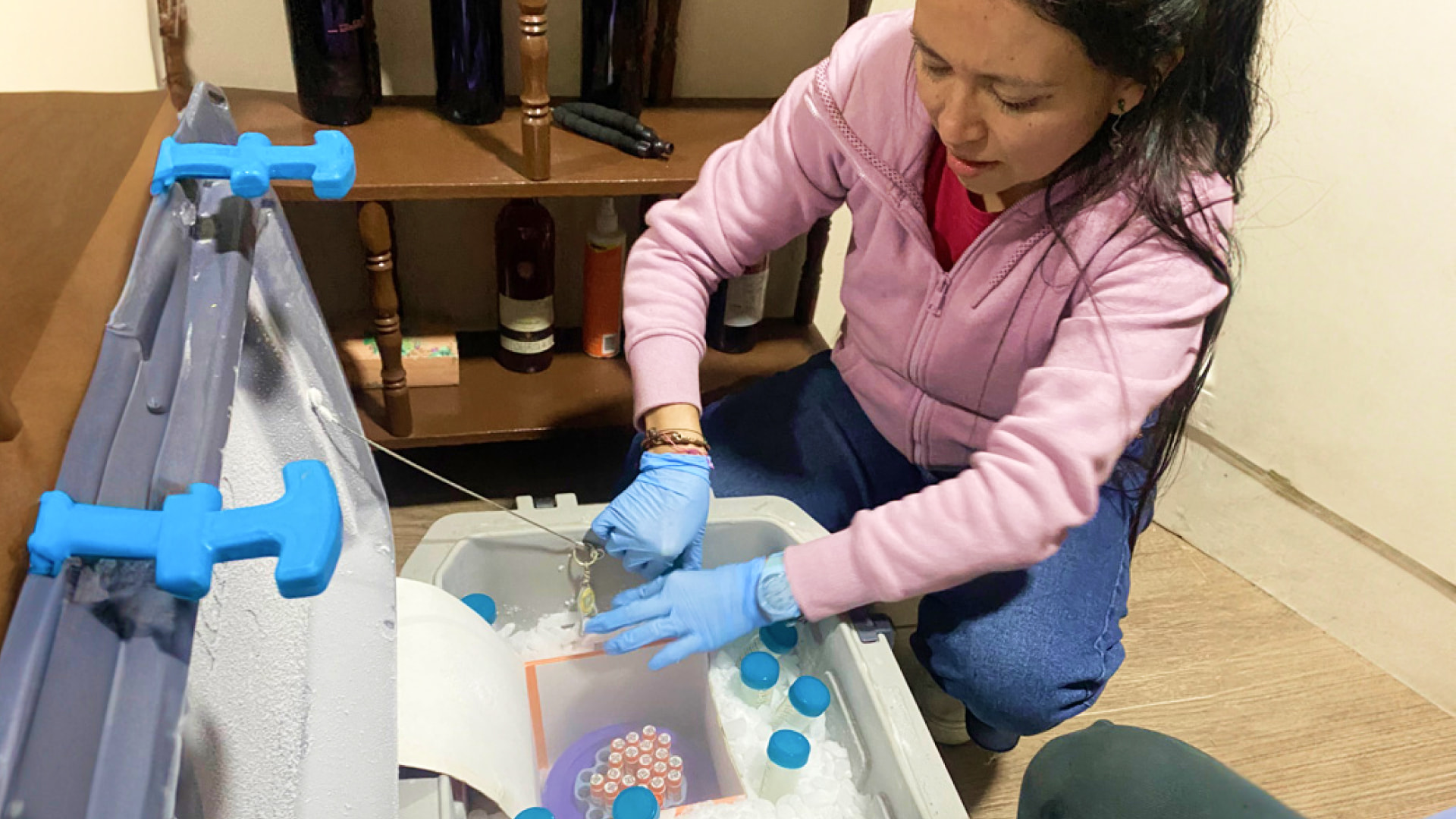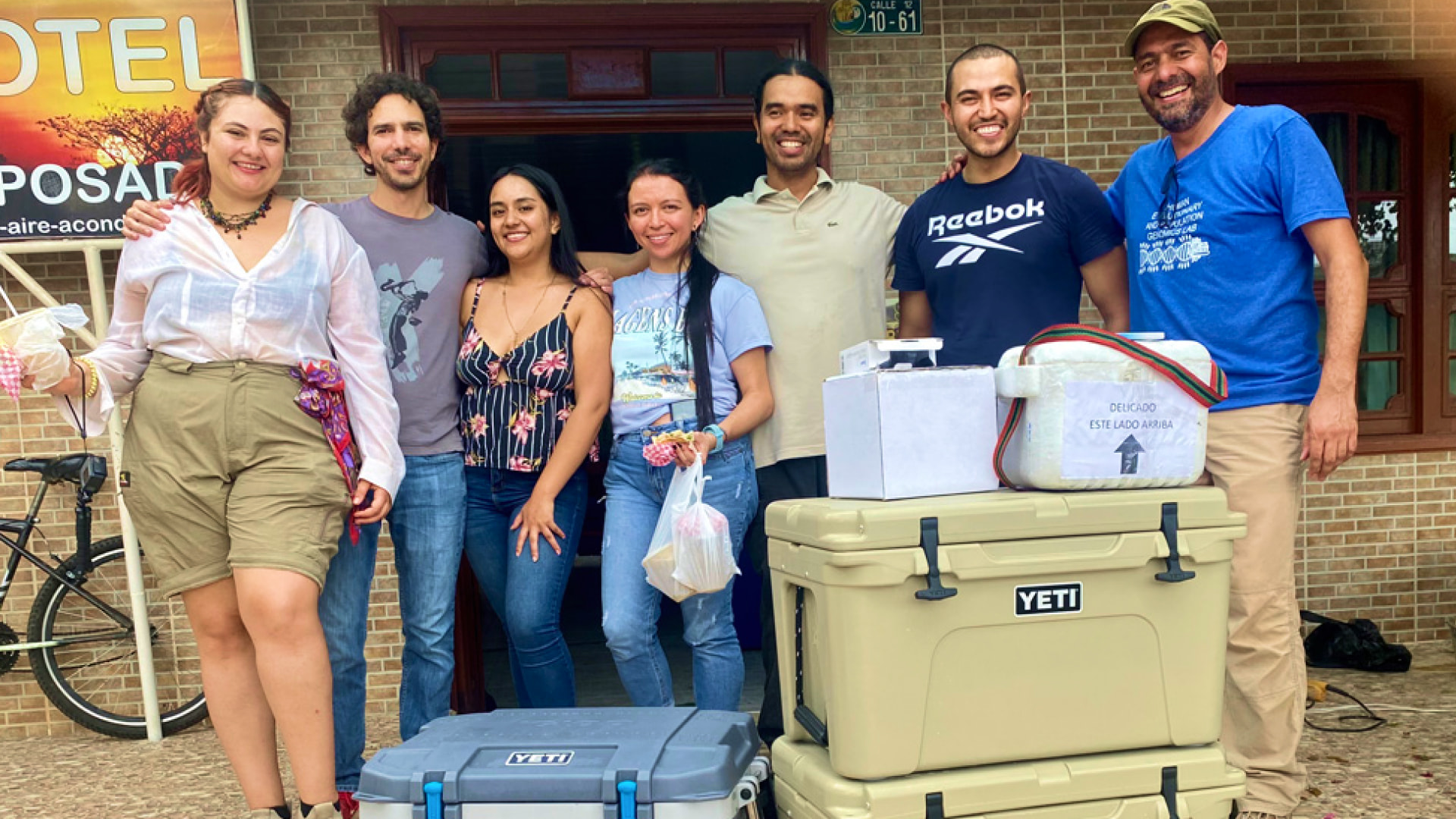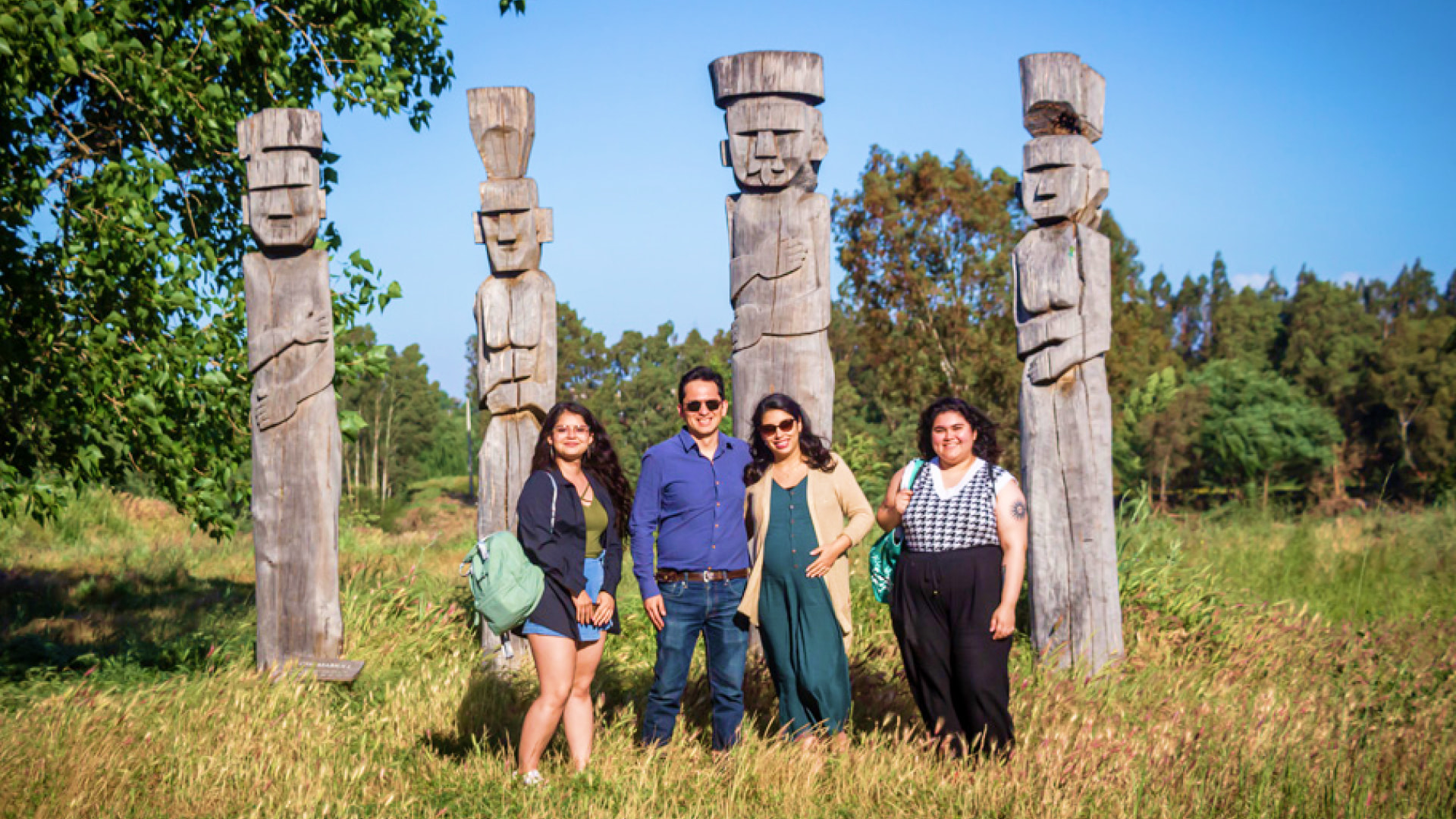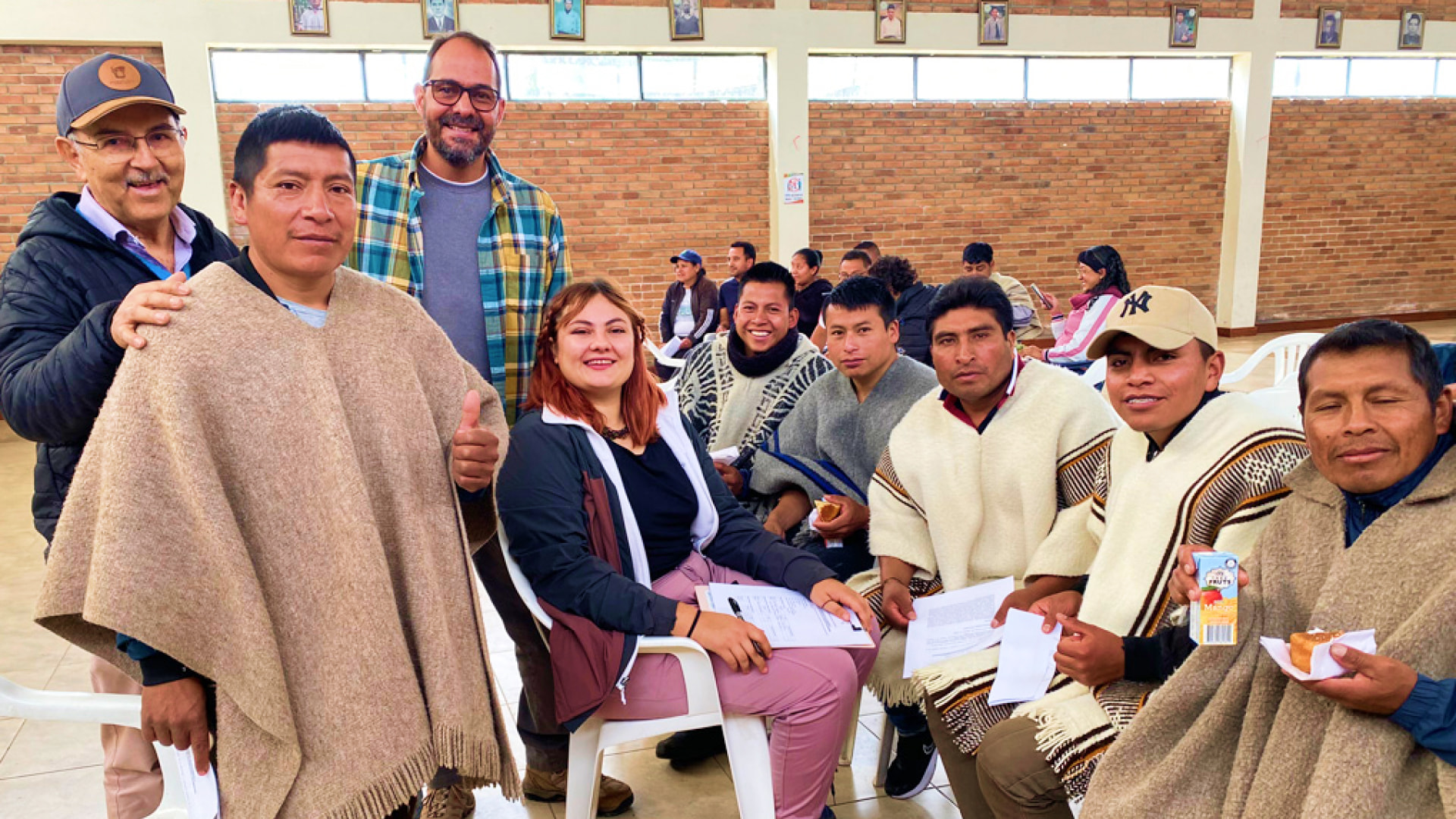Their research questions are also inspired by local epidemiology. In Chile, there is a high incidence of gallbladder cancer in some communities, but the driver of that is unclear. In collaboration with co-investigator Ricardo Verdugo and community leaders in Chile, the team is collecting gallbladder tissue samples from a subset of Chilean individuals, hoping to find answers to this local health concern and, in doing so, further expand our understanding of cancer.
Similarly, some communities in the jungle in Brazil have a higher risk of rabies but have developed natural antibodies against rabies. Understanding how that evolved can lead to important insights for public health more broadly.
For Ortiz-Ramirez, it’s special “to combine this sense of expedition and adventure and the challenge of the logistics with the scientific component … The reward is being able to study something that hasn’t been studied before and to break this barrier to be at the frontier of science. You cannot discover something new if you keep studying the same things over and over.”
Determined to keep this work led by local experts across South America, Moreno-Estrada has also had to overcome barriers to bring new technologies to the continent, which comes with added expense and bureaucracy. But by doing so, Moreno-Estrada is building capacity for new expertise in the region by training researchers on advanced techniques and equipment.
In fact, the machines they procured for Chile, Mexico and Brazil — required to do single-cell experiments at scale — were the first high-throughput multiplex single-cell equipment on the continent.
“It’s not only diversifying what you study,” Moreno-Estrada says, “but by whom these studies are led. By doing them here [instead of sending them to a centralized facility on another continent], we are also building the capacity in our region to be able to do these kinds of studies independently.”
In addition to directly benefiting the studied communities, the new knowledge generated from increased representation will increase researchers’ overall understanding of cell biology, and that foundational knowledge benefits everyone.
This work is supported by CZI’s Ancestry Networks for the Human Cell Atlas, which helps researchers contribute healthy, single-cell reference data from ancestrally diverse tissue samples, aiming to create a more globally representative resource to understand disease.





